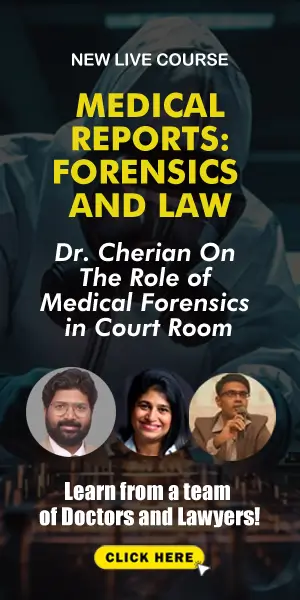DATE OF JUDGEMENT:
16/03/2022
BENCH:
JUSTICE MR. VINEET SARAN AND JUSTICE MR. ANIRUDDHA BOSE
PARTIES:
PETITIONER: NAHAR SINGH
RESPONDENT: STATE OF U.P
SUBJECT
The Supreme court noted that according to Section 190 (1)(b) of the CrPC, A Judge may call an individual who is not identified in a police statement or a criminal complaint if the facts establish his engagement prima facie.
OVERVIEW
- Despite the fact that the petitioner was not listed in the chargesheet, the Chief Judicial Magistrate called him.
- The Allahabad High Court approved this decision.
- The suspect argued on the review that the CJM's rule under Section 190 (1)(b) of the Code was illegal in this instance because he was not mentioned as an accuser in the charge sheet.
- He can only be questioned in the application of the law under Section 319 of the Code, it was argued.5) If there are documents before the Magistrate that suggest complicity in the commission of an offence by persons other than those arraigned as suspects or mentioned in column 2 of the police report.
LEGAL PROVISION
Section 190 (1)(b) of the CrPC, 1973, Raghubans Dubey v State of Bihar, Section 164 of the Crpc, 1973
ISSUE
Whether a Judge who has taken notice of an infraction based on a police statement under Section 190 (1)(b) of the CrPC , 1973 (the Code) can issue summonses to someone who is not named as an offender in the police statement.
JUDGEMENT
- After careful assessment of a crime, the Judge had studied the evidence in front of him in order to determine whether, in addition to all those summoned by the cops, other people were implicated in the crime.
- These documents did not limit just to the police statement, criminal complaint, or F.I.R.
- For this reason, a declaration issued under Section 164 of the Code was regarded.
- The court noted Section 190 (1)(b) of the CrPC, 1973 and stated that the Trial judge was concerned to summons even though the person's name did not appear in the police statement at all, either as a suspect or in column (2), even if the Trial judge was pleased that there had been components on documentation that might have exposed the prima facie to his engagement in the crime.
- The court also noted Section 190 (1)(b) of the CrPC, 1973 and stated that when calling individuals after taking notice of a crime, the Judge must also investigate the documents available to him in order to determine that, in addition to those summoned by the police, other individuals were implicated in the offence.
- These documents did not have to be limited to the police statement, charge sheet, or F.I.R.
- The court then passed a verdict after looking into certain cases such as the Raghubans Dubey v State of Bihar case and stated that the appeals against a High Court ruling upholding a Judge's decision questioning the complainant who was not identified in the police statement were to be dropped since the identity of the alleged had emerged from the defendant's testimony under Section 164 CrPC.
- And such that there was no mistake in the Judge's order.
CONCLUSION
According to the Supreme Court, a Judge who takes cognizance of a crime based on a police statement under Section 190 (1)(b) of the CrPC, 1973 may serve summons to anyone who is not named as a suspect in the police statement or the FIR.
Click here to download the original copy of the judgement










